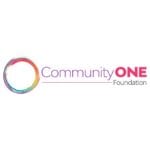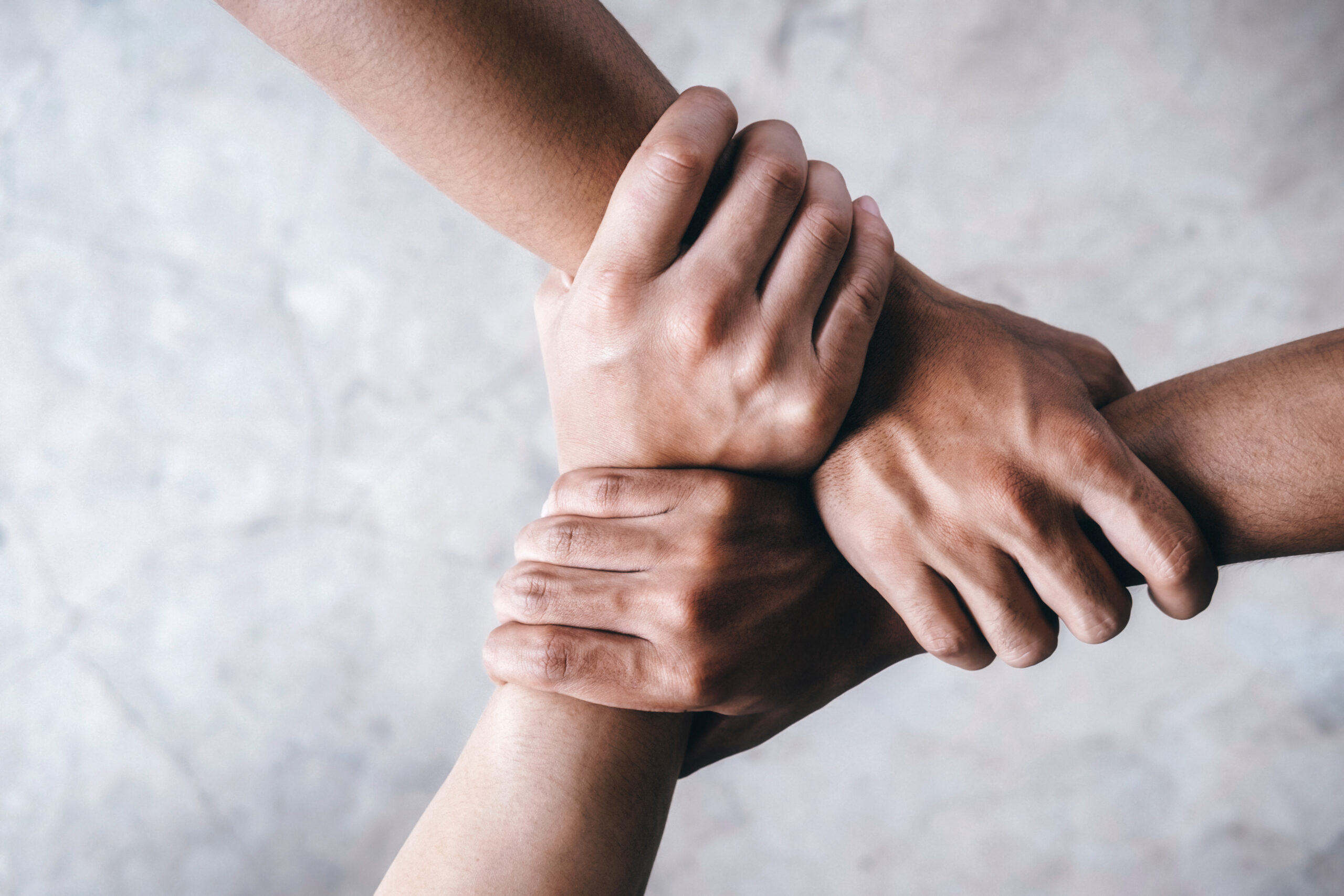This story was created by Xtra's branded content team alongside Community One Foundation, separate from Xtra's editorial staff.
The first time the members of Autistiqueers met in person, they talked for three hours.
They met at The 519, a community centre in Toronto, before heading to a nearby restaurant to continue the conversation.
“The conversation lasted for hours because we’ve never really had a space where we’ve been able to talk about our experiences,” says Bridget Liang, co-founder of Autistiqueers.
Liang founded the group with Falon Wilton in 2016, when they were students. Run by and for autistic queer and trans people, Autistiqueers describes itself as the first social support group of its kind in the Toronto area.
Wilton says that while there is social programming for autistic people in Toronto, it’s primarily geared towards parents, and children in school.
Cultivating a social atmosphere that acknowledges the intersection between being queer, trans and autistic, and facilitating an environment where autistic queers and trans people can safely socialize, is part of Autistiqueers’ mandate.
Wilton says it’s important to create this space because some autistic people face both gender and societal expectations that don’t resonate with them.
“Eye contact is the classic one that resonates with a lot of people, that we don’t really feel moved to use eye contact in the same ways that allistic — people who are not on the spectrum — might use eye contact.” Wilton says, adding that assumptions about gender can make navigating social norms even more complicated for some autistic people.
Autistiqueers hopes that with increased funding, they can reach more people and provide additional support for new and existing members. Wilton hopes with time, Autistiqueers will provide a platform for a vibrant LGBT autistic culture in Toronto.
In June 2017, Autistiqueers received a grant from Community One, an organization that provides funding and support to groups and individuals in Toronto’s LGBT community. Autistiqueers received an endowment from its Rainbow Grants initiative, which helps fund a diverse range of organizations in the areas of arts and culture, health and social sciences, and research, education and advocacy.
Past recipients have included Buddies in Bad Times Theatre and Inside Out, as well as the documentary Bigger Than We by local filmmaker filmmaker Phillip Pike, who brought Black intergenerational queers together under one roof to exchange histories and ideas for the future.
Andrew Mainprize sits on the board of Community One and was part of this year’s selection committee. He hopes Community One will continue to fund innovative projects such as Autistiqueers for those who need support the most.
Mainprize says Autistiqueers caught the attention of the committee as it draws an intersection between autistic, queer and trans identities that are often under-resourced and without voice in the community. He says the group also gives people the tools to lead their own paths. “They’re building the capacity to educate people,” he says.
Mainprize is particularly impressed by the group’s co-founders.
“I mean, they’re two students and they started this back in November [2016]. They’ve built momentum, they’ve got this group of people. They realize there’s a lot further to go,” he says.
Liang says the grant will not only keep the group operational but hopes a zine, which will be published this winter, will raise awareness in the broader LGBT community about queer and trans people with autism.
Wilton hopes with future funding, Autistiqueers will also be able to accommodate people with different styles of communication.
“One of the biggest things that’s on our radar is ASL interpretation, especially choosing interpreters that are autistic or are familiar with autistic culture,” Wilton says.
“So, if we had someone who was deaf or hard of hearing come out to one of our hangouts that they would be able to choose, or have a say, as to who their interpreter is,” Wilton says, “because interpreter bias is real; people don’t exist in a vacuum. So, it’s definitely important for people who are getting that service [to] have a say in who provides it. That’s kind of our next item on the docket.”
Community One Foundation
communityone.ca/grants-awards


 Why you can trust Xtra
Why you can trust Xtra